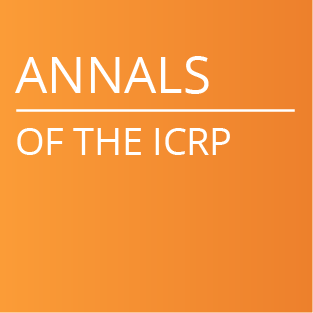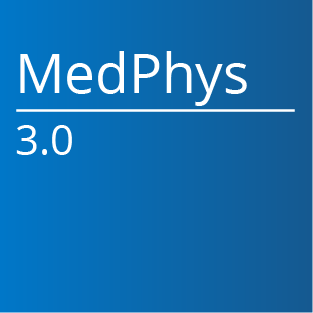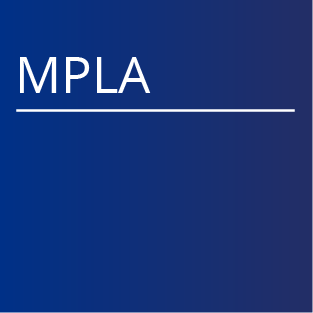NRC Creates New Office of National Materials Program, Reorganizes Office of Nuclear Materials Safety and Safeguards
The Nuclear Regulatory Commission is reorganizing its Office of Nuclear Materials Safety and Safeguards (NMSS) and Office of State and Tribal Programs to create a new Office of National Materials Program (ONMP) and a new NMSS that will focus on fuel cycle issues.
The Office of State and Tribal Programs and the current NMSS divisions of Industrial and Medical Nuclear Safety, and Waste Management and Environmental Protection will merge and integrate their functions to form the new ONMP.
The new NMSS will retain the divisions of Fuel Cycle Safety and Safeguards, High-Level Waste and Repository Safety, and the Spent Fuel Project Office, providing regulatory oversight of the entire domestic nuclear fuel cycle, from cradle to grave. NMSS will take the lead for domestic and international safeguards policy and regulation, including material control and accountability for fuel cycle facilities, which has recently been the responsibility of the Office of Nuclear Security and Incident Response.
The reorganization is scheduled to be effective Oct. 1.
“This reorganization will better position the agency to meet the challenges facing us in the years ahead,” said Executive Director for Operations Luis Reyes. “Creation of the Office of National Materials Program integrates the NRC’s State and Tribal programs with the technical and regulatory review functions shared by the NRC and the Agreement States. The new NMSS will focus on the regulatory challenges of the nation’s evolving energy and fuel cycle strategy.”
The NRC currently has agreements with 34 states, under which the state authorities assume responsibility for licensing and regulating the industrial, medical and academic uses of radioactive materials. The Agreement State program has seen significant growth recently, as Wisconsin and Minnesota became Agreement States within the last three years, and three other states now under NRC jurisdiction - Virginia, New Jersey and Pennsylvania - have declared their intentions to become Agreement States.
The growth in the Agreement State program has placed greater importance on NRC’s cooperation with the states, especially in the important area of enhancing controls over radioactive materials to protect public health and safety. This trend was an important factor in the decision to combine NRC’s materials licensing and its coordination with the Agreement States under a single major program office.
The new NMSS will tackle several regulatory challenges regarding the nuclear fuel cycle in coming years. The agency is currently reviewing two license applications for gas centrifuge uranium enrichment plants and anticipates receiving an application for new advanced enrichment technologies. The Department of Energy continues to prepare a license application for a high-level waste repository at Yucca Mountain, Nev. In addition, DOE’s Global Nuclear Energy Partnership likely will require NRC’s involvement in recycling spent nuclear fuel into fresh fuel for commercial reactors.
Top officials of the new program offices will be named at a later date.



















